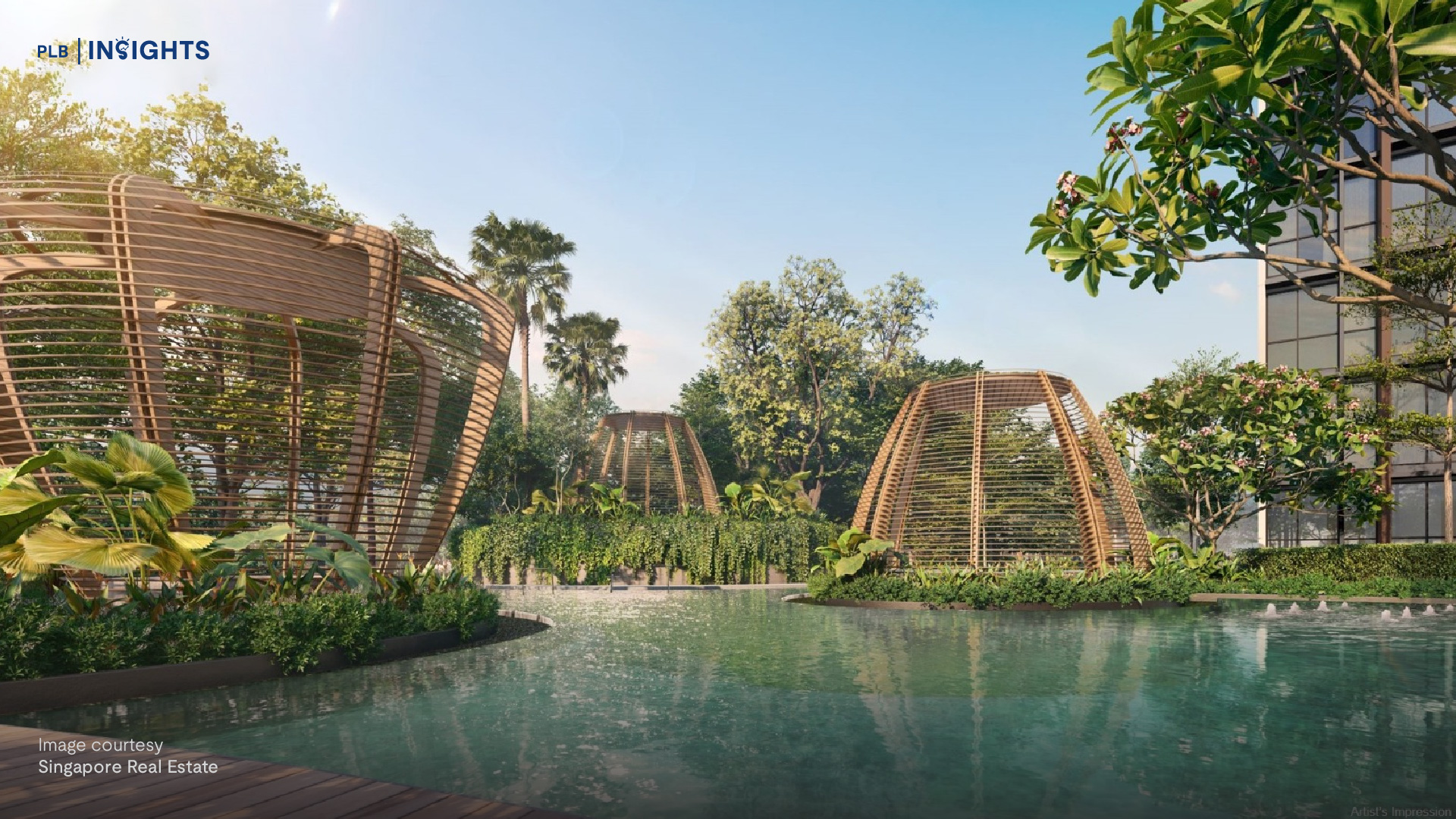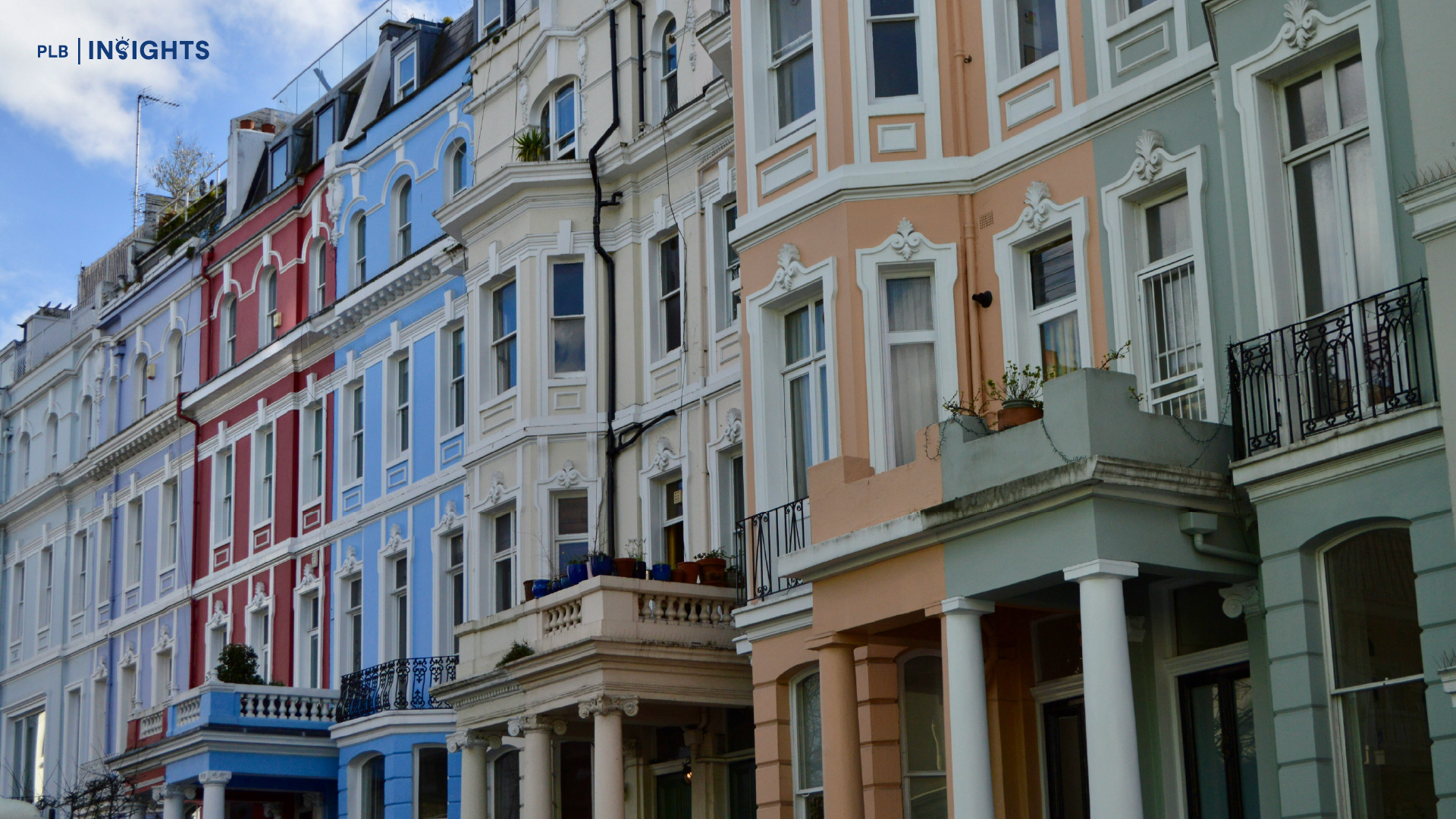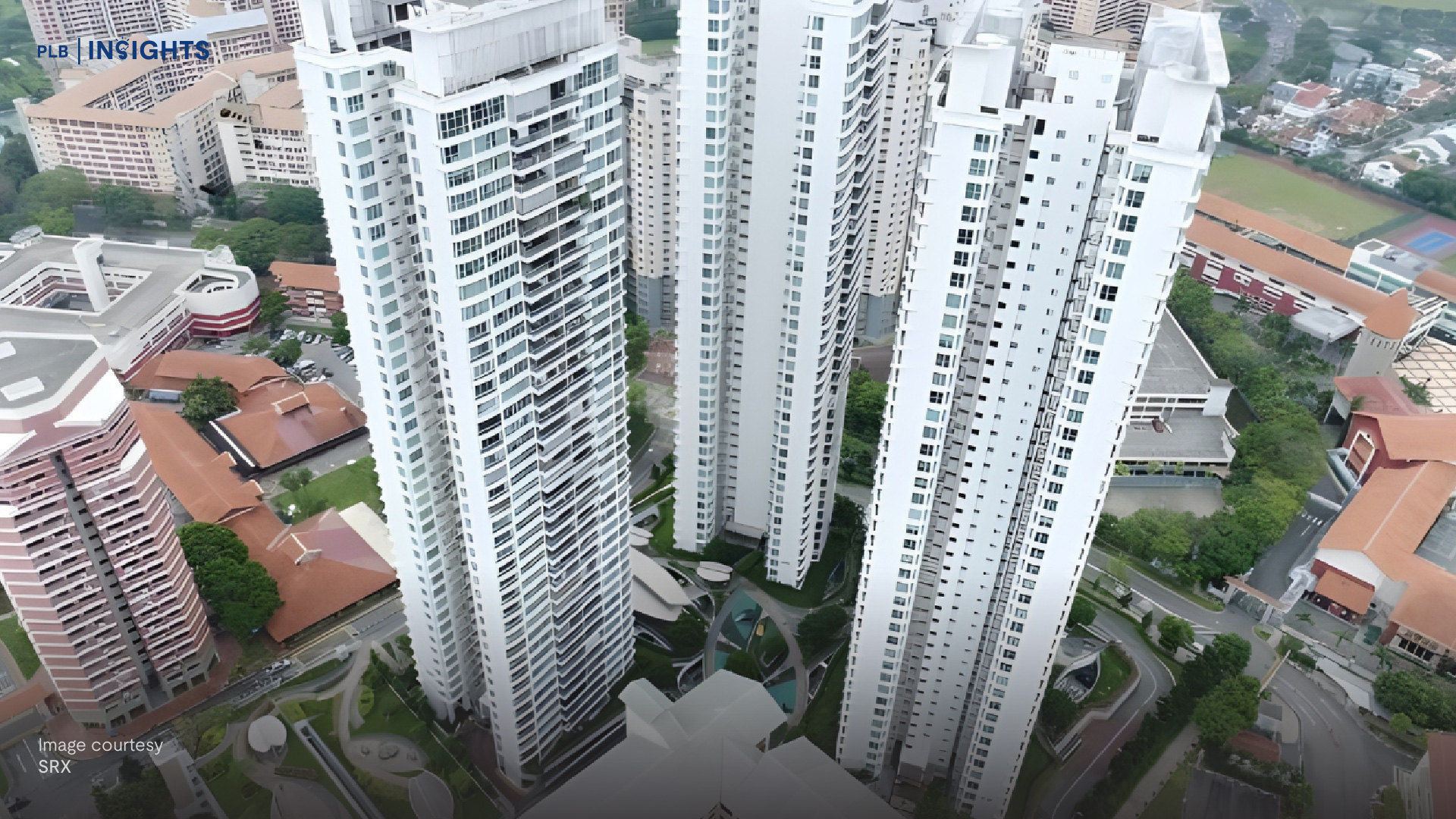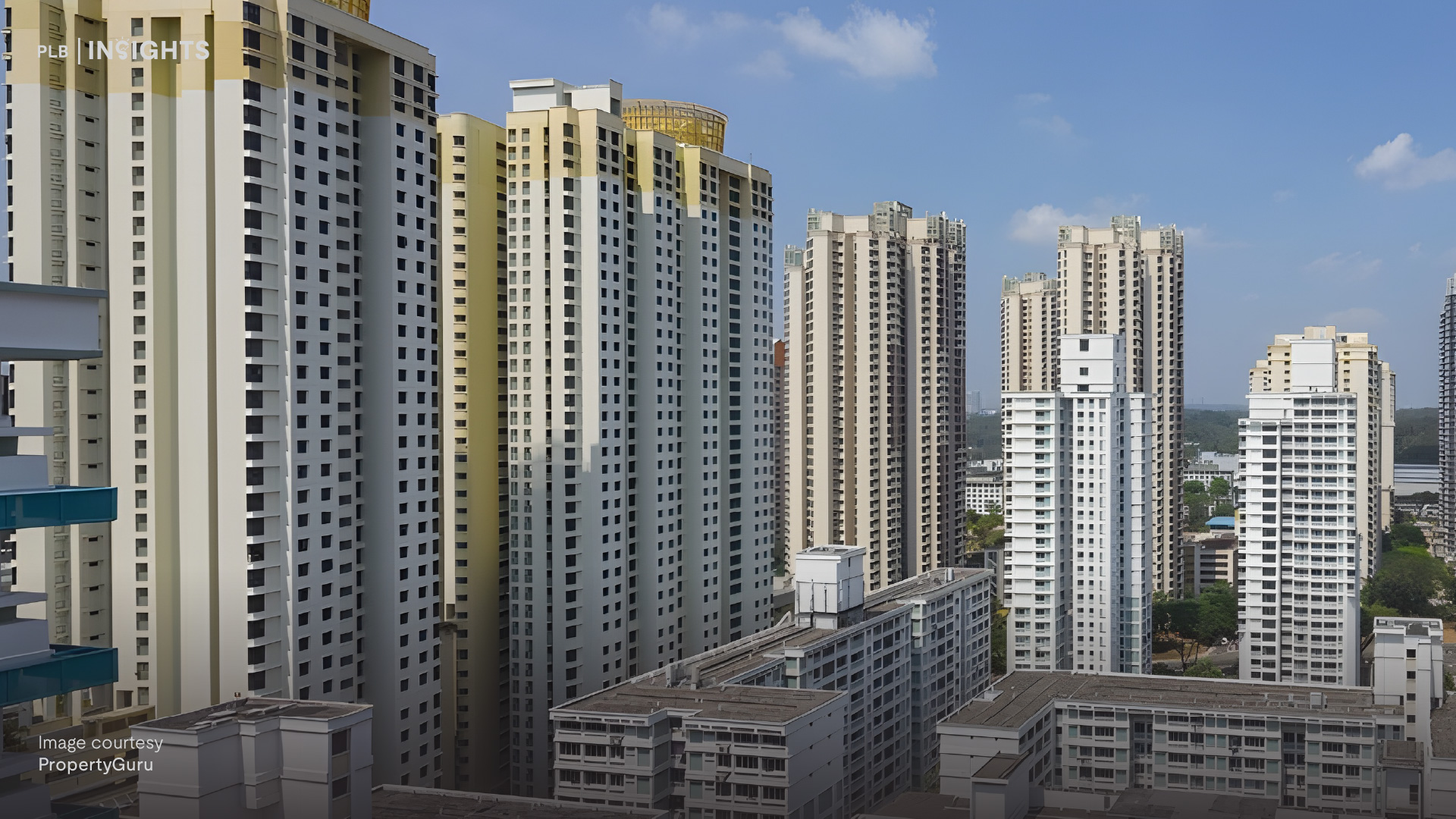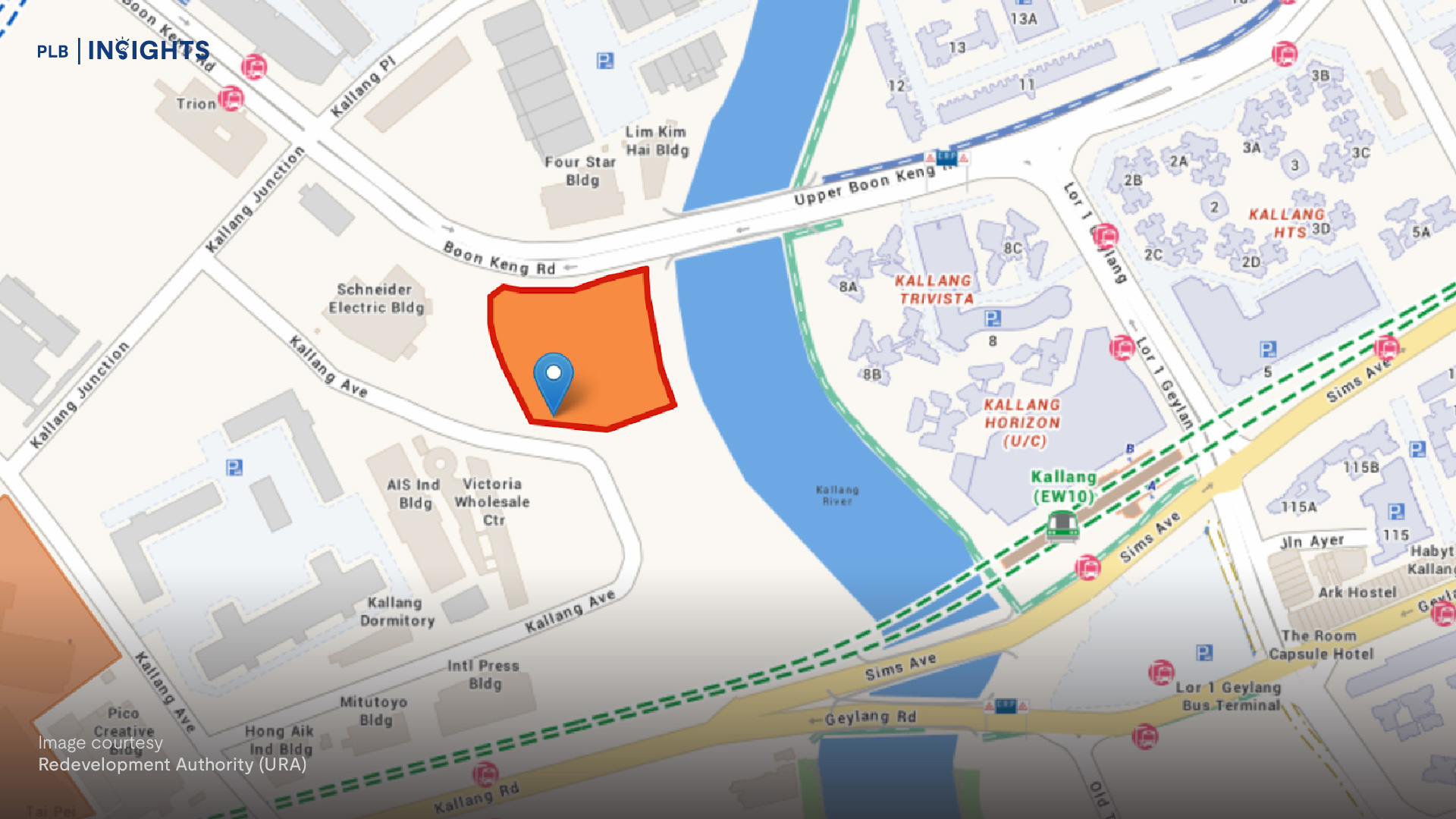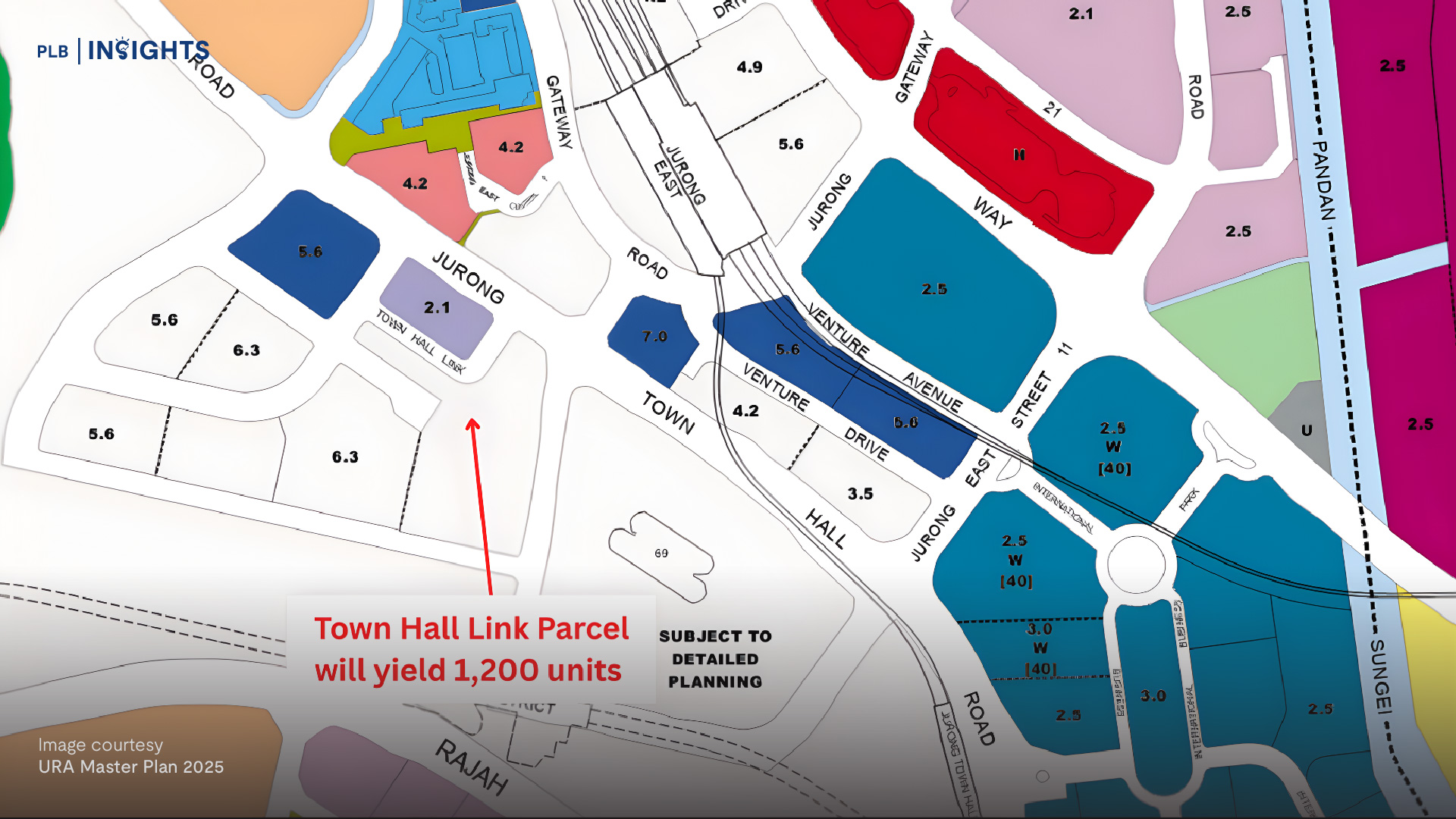
Despite the world being put on pause due to the pandemic and inflation kick-starting in 2021 all the way to the present, Singapore has defied the odds in global household wealth statistics. According to an established report by Credit Suisse and UBS, global household wealth on average decreased in 2022, but Singapore was one of the outliers. In 2022, our household income wealth increased by 7.22% to US$1906 trillion. The median wealth per Singaporean adult rose by 6.2% from 2021 to US$99,488. The median is a better indicator of the average Singaporean as compared to the mean value as it will not be influenced by households with extremely high or low incomes.
In comparison to countries like Finland, Norway, Ireland and New Zealand which all have around the same total population as Singapore, we fare better than them in both financial and non-financial assets

Knowing that Singaporeans are faring well despite global economic setbacks should be a relief, but there are drawbacks to it as well.
According to the same report by UBS and Credit Suisse, there is a staggering number of 332,000 millionaires in Singapore, making up 5.5% of our total population. Not only does this number include locals, but foreigners as well.
Why are wealthy investors coming to Singapore?
Many are flocking to Singapore due to our business-minded environment, in turn, they could also be pushing our property prices up. In a Bloomberg media study involving 600 affluent investors, the following statistics were found:

Singapore has always been a stable place for investors to flock to, with low crime rates and a steady socio-political fabric. This makes the country an attractive place to do business, with little worry whether any factors will disrupt business dealings.

How does this affect the property market?
The upsurge in immigration to Singapore following the COVID-19 pandemic, coupled with the escalation of interest rates, has propelled the housing market to a record high, even with cooling measures in place.
While there may be cooling measures like Additional Buyer Stamp Duty (ABSD) for foreigners at 60%, this might prove to be inconsequential to affluent expatriates. It is widely acknowledged that property serves as an effective hedge against economic fluctuations, especially in our land-scarce country. Hence it is not surprising that those who can afford it are thinking of jumping into the property market to beef up their financial portfolio over other products.
For the average Singaporean however, this adds to the housing worry that many younger Singaporeans face. While Built-to-Order (BTO) flats are available, many are turning to resale HDB apartments as they do not wish to wait for the BTO flats to be built, which could take up to 4 or 5 years. After this, the Minimum Occupancy Period (MOP) is enforced for the next 5-10 years depending on the area, making it tough for locals to plan for their future property moves. With the uptick in housing prices, however, this problem will only be exacerbated. The inflation caused by wealthy investors will only make matters worse as they will feel little effect due to increased housing costs.
Is there financial inequality in Singapore?
If everyone was a millionaire in this climate, we would not have as much of a problem in purchasing big-ticket items. However, the reality is that there is wealth inequality in Singapore. This is evidenced by the Gini index report in the same UBS and Credit Suisse report. The Gini index is a measure of income across a population and a higher Gini index (scored out of 100) illustrates that high-income individuals receive a bigger share of the population’s total income. This is in comparison to Japan, Korea, and Taiwan, which all have a comparatively low level of wealth inequality. This is evidenced by their respective wealth Gini coefficients of 64.7, 68.2, and 70.7 as of 2021, as well as the relatively low wealth shares held by the top groups. Specifically, Japan recorded a top 1% share of 18.7%, Korea at 24.1%, and Taiwan at 26.7%. This phenomenon can be attributed in part to the more equitable distribution of income in these countries. However, Singapore stands out as an exception, with a wealth Gini of 78.8, significantly higher than the other three countries. At the end of 2021, the top 1% in Singapore held a wealth share of 34.5%.

Some consequence of having a high Gini index when concerning property is that if a large portion of the population has limited purchasing power, it can hinder consumer demand and economic growth. High wealth inequality can result in a scenario where a minority of individuals or families control a significant proportion of the country’s wealth, including assets like property. When a smaller group of people have better access to high-value assets like property, it only further increases the gap between them and the average Singaporean. This could artificially inflate property prices until stricter measures are taken to control them.
Final Thoughts
These statistics may seem daunting and demoralising, however many Singaporeans are still living happily either in BTOs, resale apartments or through rental properties. While owning a property may be one of the prerequisites for being a “successful” adult, understanding how to get the bang for your buck from the many houses on the market can be a difficult task.
If you need a second opinion or guidance on your property portfolio, our team of experienced consultants can point you in the right direction, contact us now!

